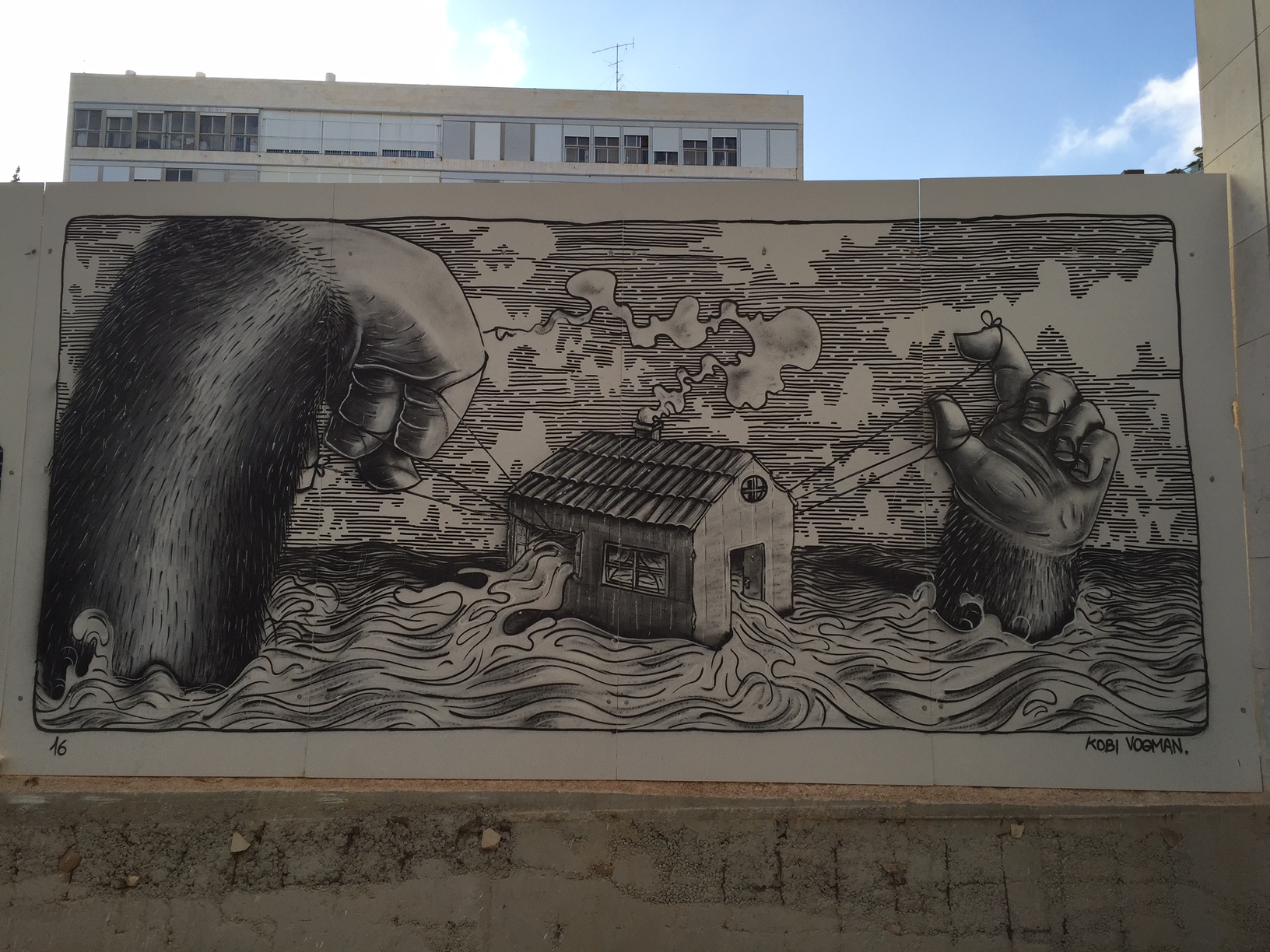
Consider these cliches when it comes to knowledge:
“What we don’t know won’t hurt us/ can’t kill us.”
“We don’t know what we don’t know.”
I’m sure there are others.
But recently I found myself contemplating the human condition (yes, actually contemplating the human condition) and I realized something that I’m sure many other people have also realized too.
I realized that, while there’s some truth to these cliches, there’s more truth to the statement that we human beings don’t know what we do know.
Again:
We don’t know what we know.
What do I mean when I say that we don’t know what we know?
Essentially this: each of us is far wiser, far more experienced, far more knowledgeable, far more erudite, far more knowing, than we realize.
That’s not to say that every one of us is a scholar or expert. Or maybe it is.
In fact, aren’t we all, from the youngest child to the eldest among us, inherently experts in what it means to be a human being?
We are.
But we don’t realize it. Or we don’t accept it.
Because we don’t know what we know.
Our knowledge, our intuition, our reservoirs of insight are endless. Knowledge is embedded in our DNA. It’s encoded in our souls. Not to mention the fact that we acquire knowledge and wisdom as we grow and mature. No matter how much time we’ve spent in reflection, in study, in the acquisition of knowledge, most of us have barely scratched the surface of uncovering that which is already somehow known to us and by us.
This realization came about for me when I started to see a pattern among all different types of people– feigned ignorance, intellectual laziness, at its worst, the celebration of idiocy. Sometimes (often?) it’s easier to claim ignorance. Sometimes it’s safer. Sometimes it’s hipper. Sometimes its politically expedient.
But if we’re really honest, reflective, and willing to own our stories, then we have to admit that we haven’t even begun to scrape the surface of the knowledge and wisdom that resides within each of us.
And that’s exciting.